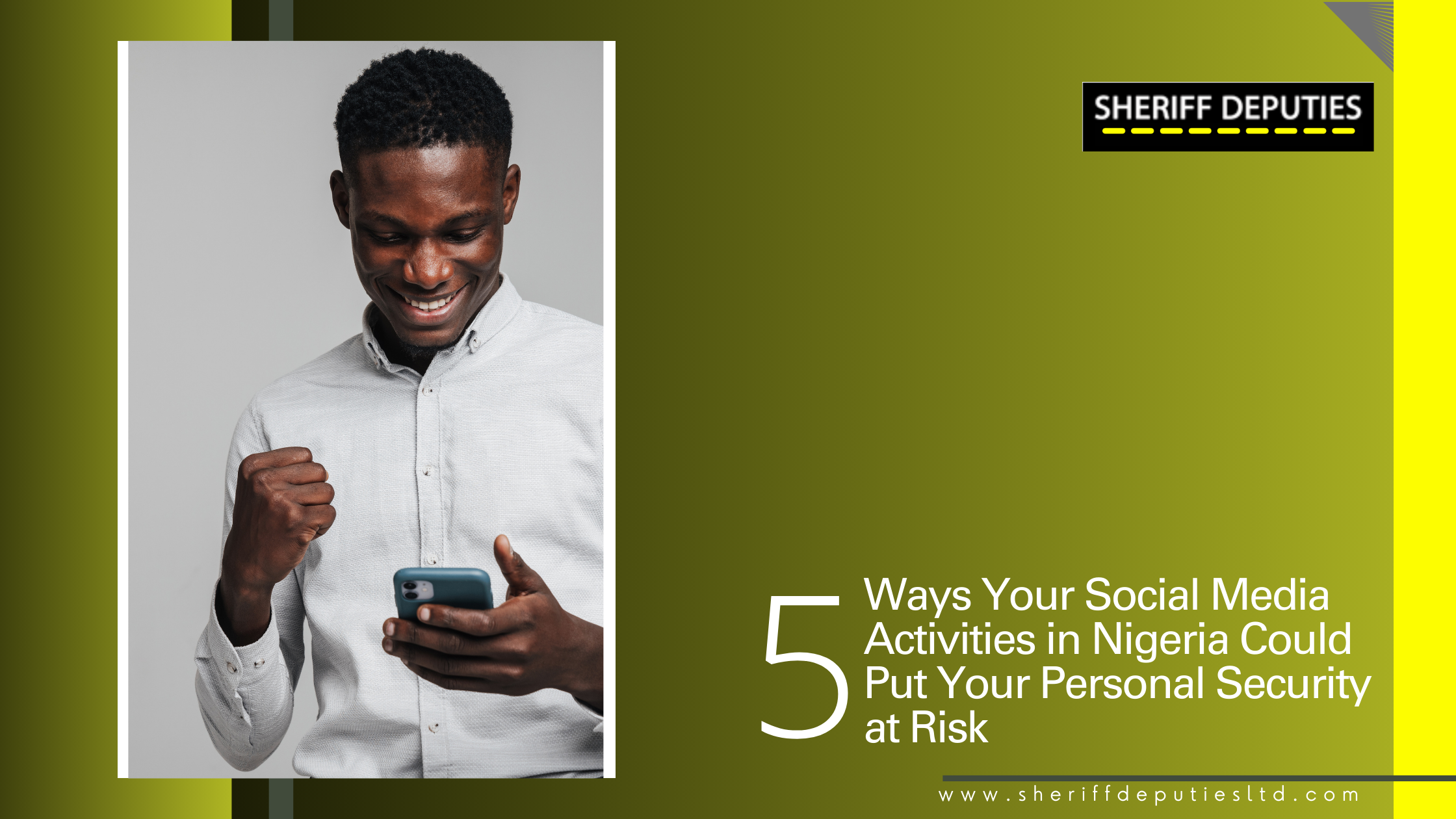Social media has become an integral part of our lives, allowing us to connect with friends, share our experiences, and stay updated with current events. However, it’s important to be aware that our social media activities can also put our personal security at risk. In Nigeria, where online privacy concerns are on the rise, it’s crucial to understand the potential risks associated with social media use.
5 Ways Your Social Media Activities in Nigeria Could Put Your Personal Security at Risk
Here are five ways your social media activities in Nigeria could put your personal security at risk.
1. Revealing Personal Information
One of the most common ways social media users compromise their personal security is by revealing too much personal information. In an attempt to connect with others and share their lives, people often disclose details such as their full name, date of birth, home address, phone number, and even their daily routine. Unfortunately, this information can be misused by cybercriminals for identity theft, stalking, or other malicious activities. It is essential to be cautious and limit the amount of personal information you share online.
2. Geotagging and Location Sharing
Many social media platforms allow users to tag their location or share their whereabouts. While this feature can be useful for connecting with friends and discovering local events, it can also put your personal security at risk. Broadcasting your location in real-time can make you an easy target for criminals who may use this information to track your movements, break into your home, or even harm you physically. To protect yourself, it’s advisable to disable location sharing features or be selective about who can see your location updates.
3. Accepting Friend Requests from Strangers
In Nigeria, it’s common for people to receive friend requests from strangers on social media platforms. While it may seem harmless to accept these requests, doing so can expose you to potential risks. Cybercriminals often create fake profiles to gather personal information, gain access to your contacts, or launch phishing attacks. If you receive a friend request from someone you don’t know, it’s best to exercise caution and avoid accepting it unless you can verify their identity.
4. Oversharing Personal Details
In the digital age, it’s easy to get carried away and share every aspect of our lives on social media. However, oversharing personal details can have severe consequences for your personal security. Posting about upcoming vacations, expensive purchases, or your daily routine can make you an attractive target for thieves or burglars. It’s important to be mindful of the information you share and ensure your privacy settings are set to limit the visibility of your posts to trusted friends and family.
5. Falling Victim to Social Engineering Attacks
Social engineering attacks have become increasingly sophisticated, and social media platforms are prime targets for these types of attacks. Cybercriminals may impersonate your friends or family members and send you malicious links or requests for sensitive information. It’s crucial to be vigilant and verify the authenticity of any requests or messages you receive on social media. Avoid clicking on suspicious links, downloading unknown files, or providing personal information without confirming the identity of the person making the request.
Action points
In conclusion, while social media offers numerous benefits, it’s important to be aware of the potential risks it poses to our personal security. By being mindful of the information we share, managing our privacy settings, and being cautious about accepting friend requests or clicking on unknown links, we can protect ourselves from the dangers of social media in Nigeria. Stay safe and enjoy the positive aspects of social media while keeping your personal security intact.

